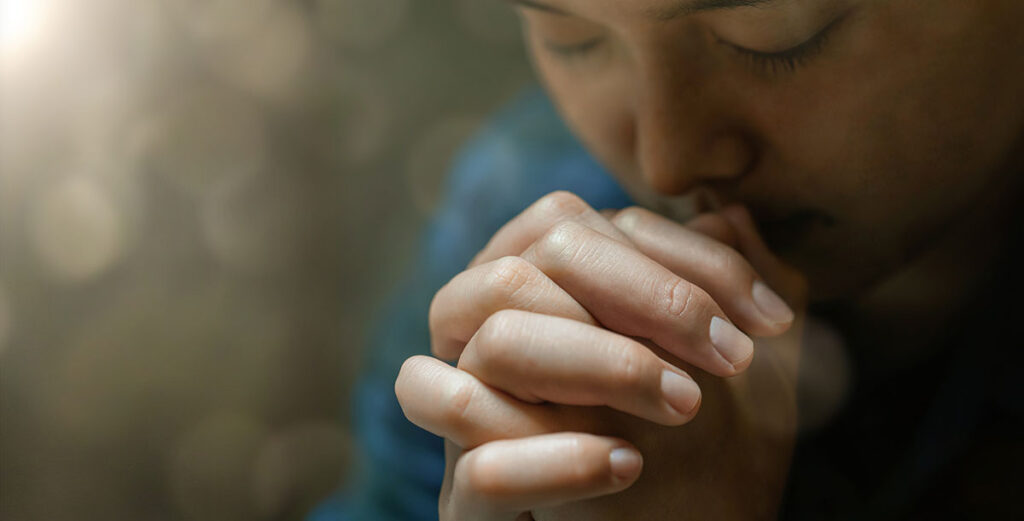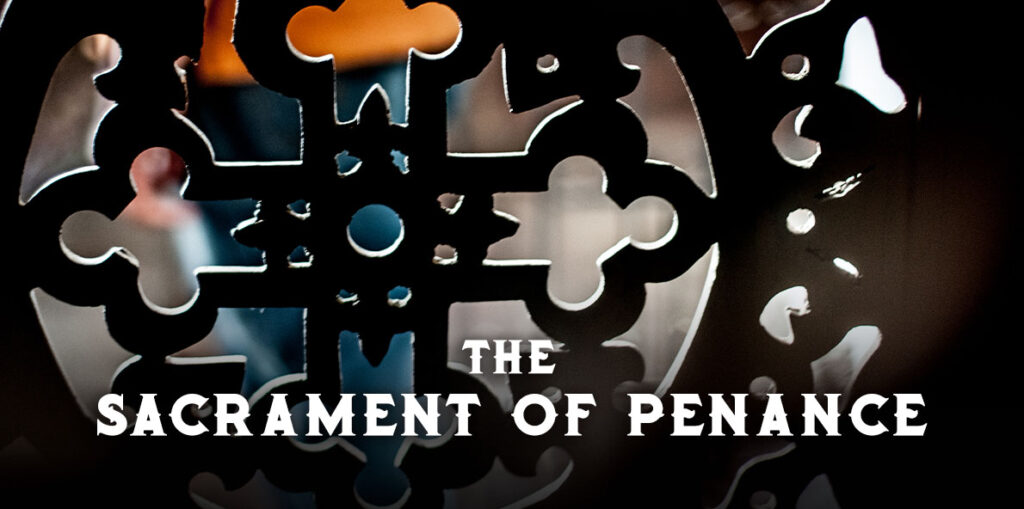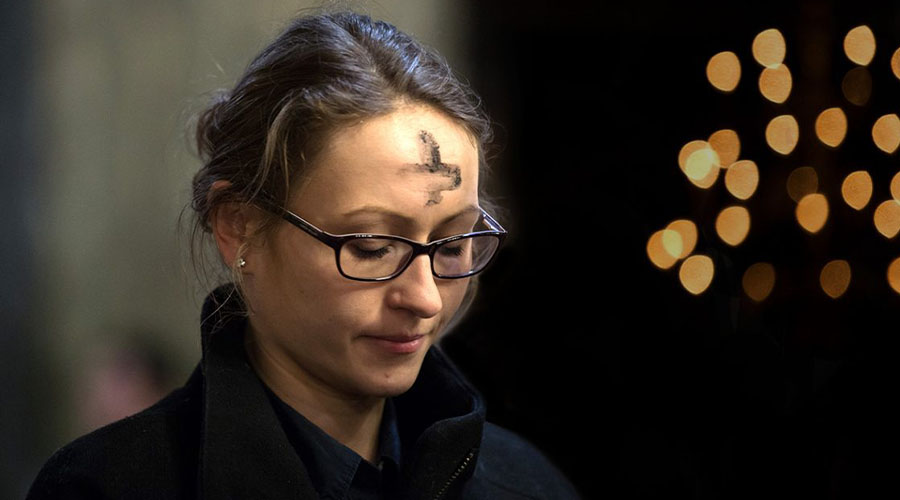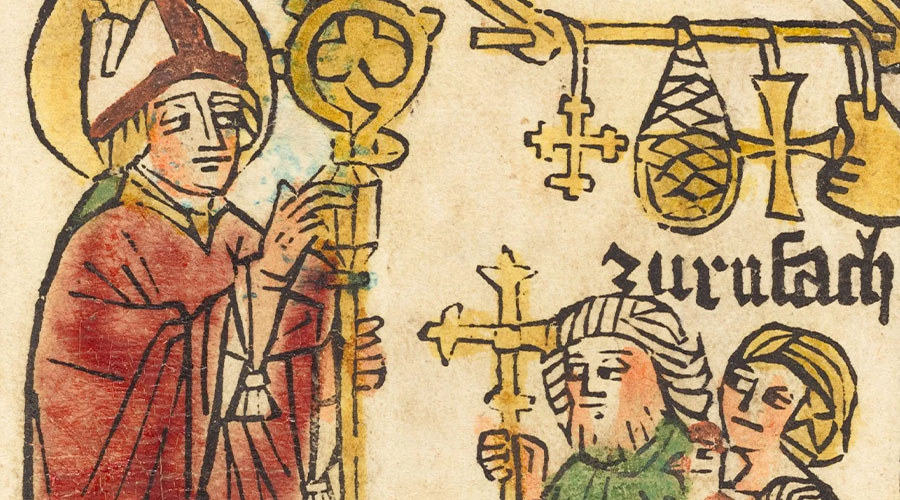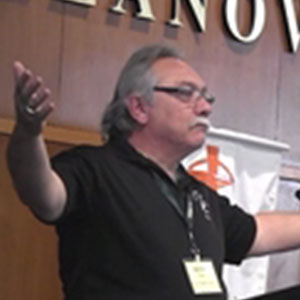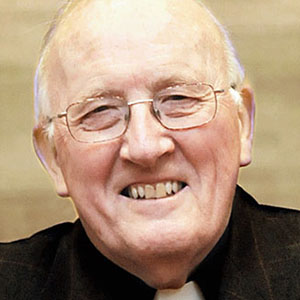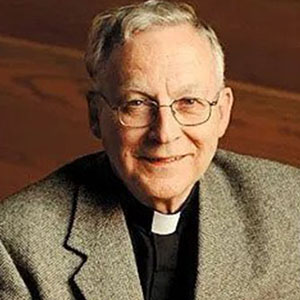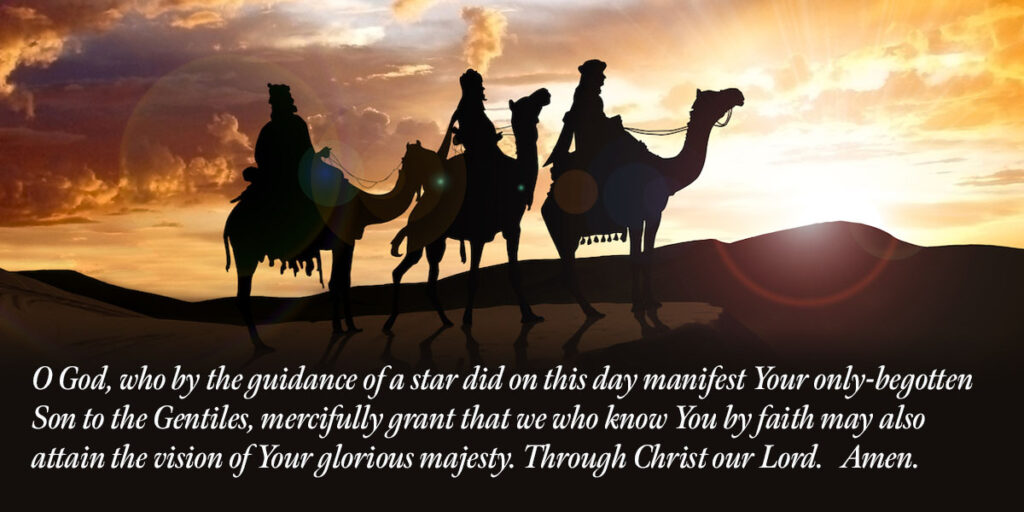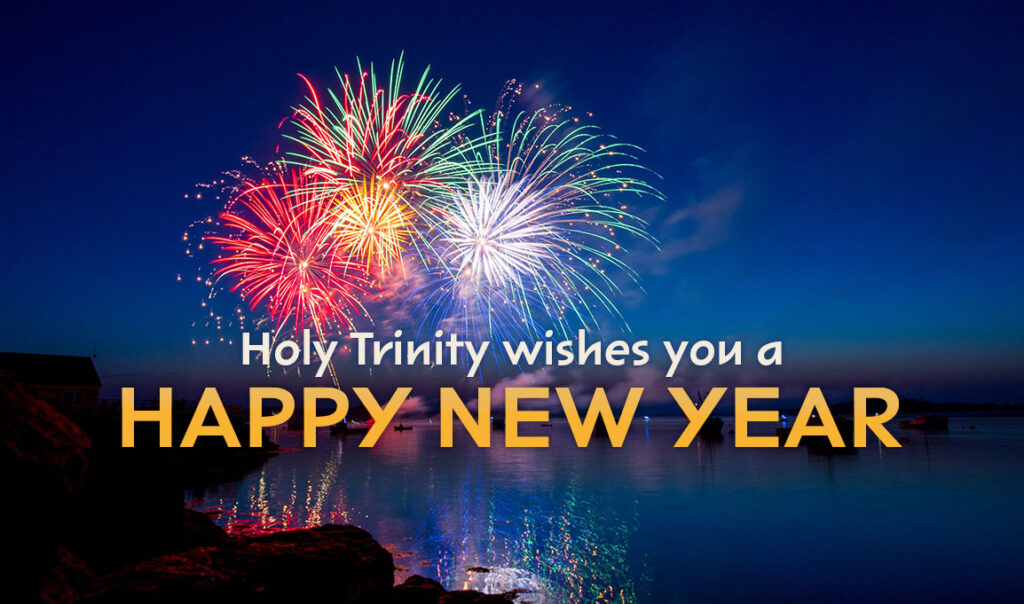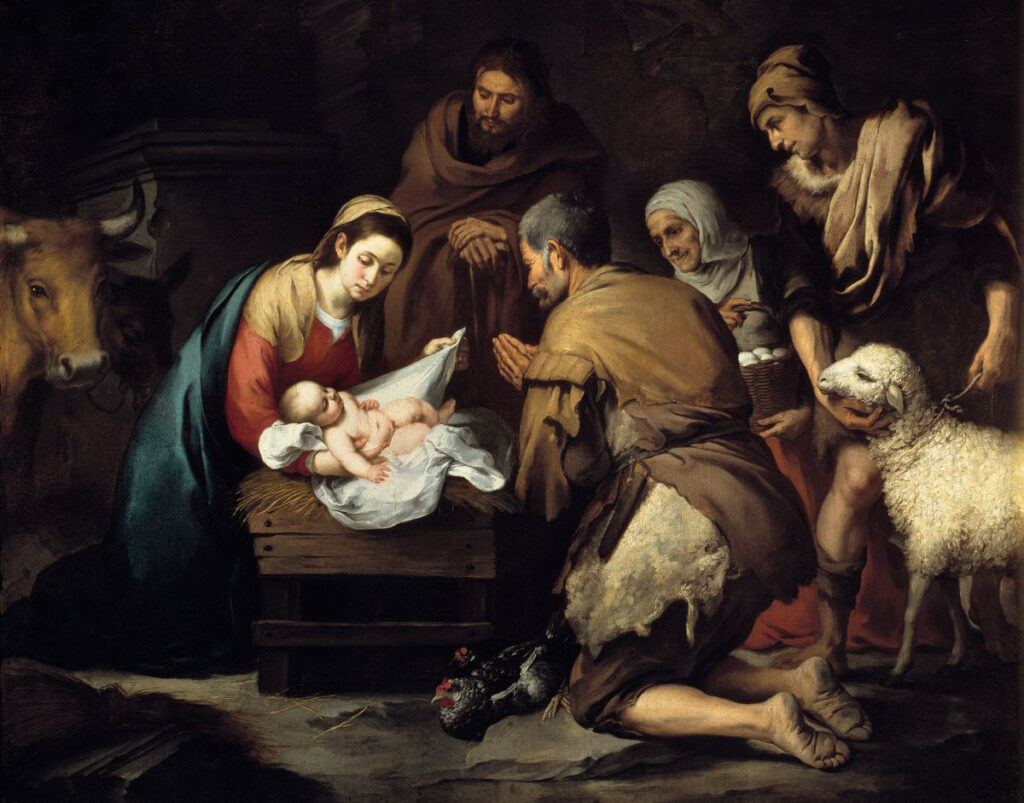
Once I was presiding at the Eucharist wearing the rose vestments on the Fourth Sunday of Lent. In my homily, I explained why the priest wears this color, which is not very often used in the liturgy. Some people said to me, “Father, you look very nice in ‘pink’ ”, or “this is a very unusual color in Church.” These were nice comments, but the most significant comment that day for me came from a 4 year old boy. After Mass, he came to me, looked at me, and said, “Father… don’t wear pink… pink is for girls.” His parents, people who were there, and me just laughed. I knelt down to his level, smiled, and said to him, “thank you very much for your words… I will keep in mind what you said to me.” He smiled with me at that moment. Even though I continue to wear the “pink” color because this is a suggestion by the Church (it is not obligatory to wear this color), I remember in a special way this boy who reminded me of the simplicity of the gospel, and how God expresses His love through these “little ones.”
The little boy saw a color that in his understanding was only for girls, not for boys. In the understanding of the Church this color is used to manifest the joy that we feel for knowing that the Lord Jesus Christ came to save all of us. To see the priest wearing the “pink” or “rose” color should produce in us a big smile because this color is telling us that the Passion, Death, and Resurrection of Our Lord Jesus Christ is coming soon. We smile because we are happy. We smile because Jesus gave us salvation and eternal life through His Death and Resurrection. For this reason, the priest wears the “rose” color. A color which is a combination of two colors: red, which means the Passion and Death, the blood that Jesus shed for us on the Cross, and white which is the color of the resurrection. I learned in elementary school that red and white produces “pink” or “rose.”
This Fourth Sunday of Lent is called Laetare Sunday or Sunday of Rejoicing, and it is very different from Gaudete Sunday which is celebrated on the Third Sunday of Advent. This one also means joy. However, the joy of Advent is because the savior of the world is coming on Christmas, but the joy of Lent is because Christ saved us through His Passion, Death, and Resurrection. “In Lent it comes in the form of Laetare Sunday and in Advent it comes in the form of Gaudete Sunday. Both days get their name from Latin roots which are principally used to express joy. The difference between the two is that Laetare reflects a joy that is manifest outwardly whereas Gaudete reflects a way of rejoicing internally” (Gaudete v. Laetare).
It does not matter what you call this color, “pink” or “rose.” The most important thing is to start to celebrate the joy of the Risen Lord. Let us prepare ourselves for the coming celebration of Easter with joy and always have a thanksgiving attitude toward the Lord.
God bless you, and may the Blessed Virgin Mary be with you always!
Fr. Jorge Ramirez


